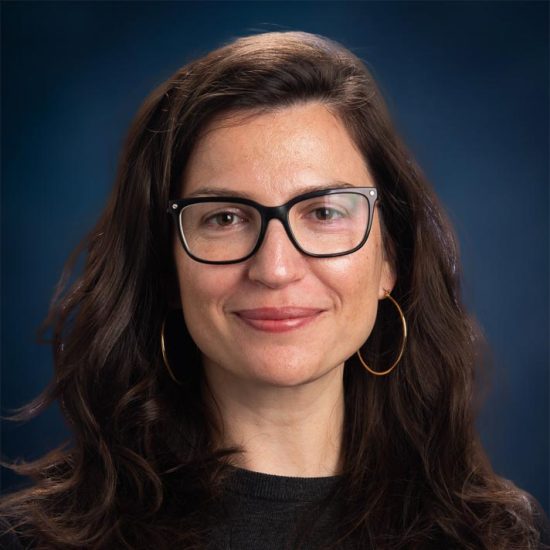Resources for Literature and Languages Graduate Programs: Ph.D. General Information
Whether you are just starting out or are already immersed in your studies, East Texas A&M's Ph.D. in English program is designed to deepen your understanding of such fields as literary theory and criticism, rhetoric and composition studies, writing pedagogy or the study of applied linguistics. As a supplement to the Graduate School's Doctoral Program Handbook, which outlines university-wide policies and procedures, this guide details requirements, expectations and resources specific to the Department of Literature and Languages.
Graduate students are responsible for becoming familiar with the policies, procedures and degree requirements established by both the department and The Graduate School, which are subject to change. For the most current information, please refer to The Graduate School and the Department of Literature and Languages webpages.
We hope this resource serves as a useful reference for strategies, insights and inspiration as you work toward earning your advanced degree in English. Best of luck as you embark on this exciting new chapter of your education!
Concentration Areas
At East Texas A&M, you have a range of options for customizing your Ph.D. in English.
Track 1
- Emphasis in Literature and Culture OR Rhetoric and Writing
- Most courses must be taken face-to-face at the main campus in Commerce, TX
Track 2
- Emphasis in Applied Linguistics
- Can be pursued online for domestic students
Each track/emphasis may differ slightly in program requirements and expectations. Make sure to follow the plan for your desired degree.
English (PHD) Applied Linguistics Emphasis
The Ph.D. in English is designed for students wishing to teach in community or four-year colleges and universities. It stresses both substantive knowledge of the various divisions within the field of English and an extensive introduction to the profession, including classroom teaching, tutoring and computer-assisted instruction. The degree requires that each candidate serve as a teaching assistant.
English (PHD) Literature Emphasis
The Ph.D. in English Literature Emphasis is a program that offers a unique opportunity for you to delve deep into the world of literary analysis and exploration. You will not only expand your knowledge but also be empowered to contribute to the ongoing discourse in the field.
English (PHD) Rhetoric and Composition Emphasis
The Ph.D. in English is designed for students wishing to teach in community or four-year colleges and universities. It stresses both substantive knowledge of the various divisions within the field of English and an extensive introduction to the profession, including classroom teaching, tutoring and computer-assisted instruction. The degree requires that each candidate serve as a teaching assistant.
Program Advisors
All students are advised initially by the Doctoral Program Director (Track 1) or by an area faculty advisor (Track 2). You should meet regularly with your advisor to discuss and select courses appropriate for your degree program. You should also discuss your academic and career goals with your advisor on a regular basis. Although your advisor will function in various capacities, some of the most important roles are to ensure that your research is equal to the demands of a graduate program, that your work reflects the nature of the program and that you are prepared to take the necessary exams, write and defend your proposal and write and defend the dissertation. A good advisor is your mentor, supporter and problem solver, and someone who will offer fair and helpful critiques of your work as a way to assist you in your development as a scholar and researcher.
Students can change advisors between the comprehensive exams and dissertation proposal and dissertation, though this rarely occurs. Remember that changing advisors can be uncomfortable, particularly if that advisor has invested time and energy in helping you succeed and has been conscientious in assisting you in your endeavors. Further, finding a new advisor will likely slow the process down considerably. To avoid misunderstandings, communicate with your advisor frequently, and express any concerns you might have. Be professional in negotiating differences. Always keep your advisor informed regarding your work, intentions, changes in research and writing goals and plans for research endeavors (e.g., submitting for conference proposals, presenting at conferences or publishing research articles).
Stay Connected
Department Graduate Student Listservs
GradNews is a weekly newsletter sent out each Friday during the Fall and Spring to all registered graduate/doctoral students during the semester. It is also sent out on the first Friday of the Summer I term. This newsletter includes important upcoming dates and events for students, provides information on different topics related to graduate students (student account information, offerings happening on campus, etc.), and also includes a section for our Thesis and Dissertation students. If you are not receiving GradNews, please contact [email protected].




